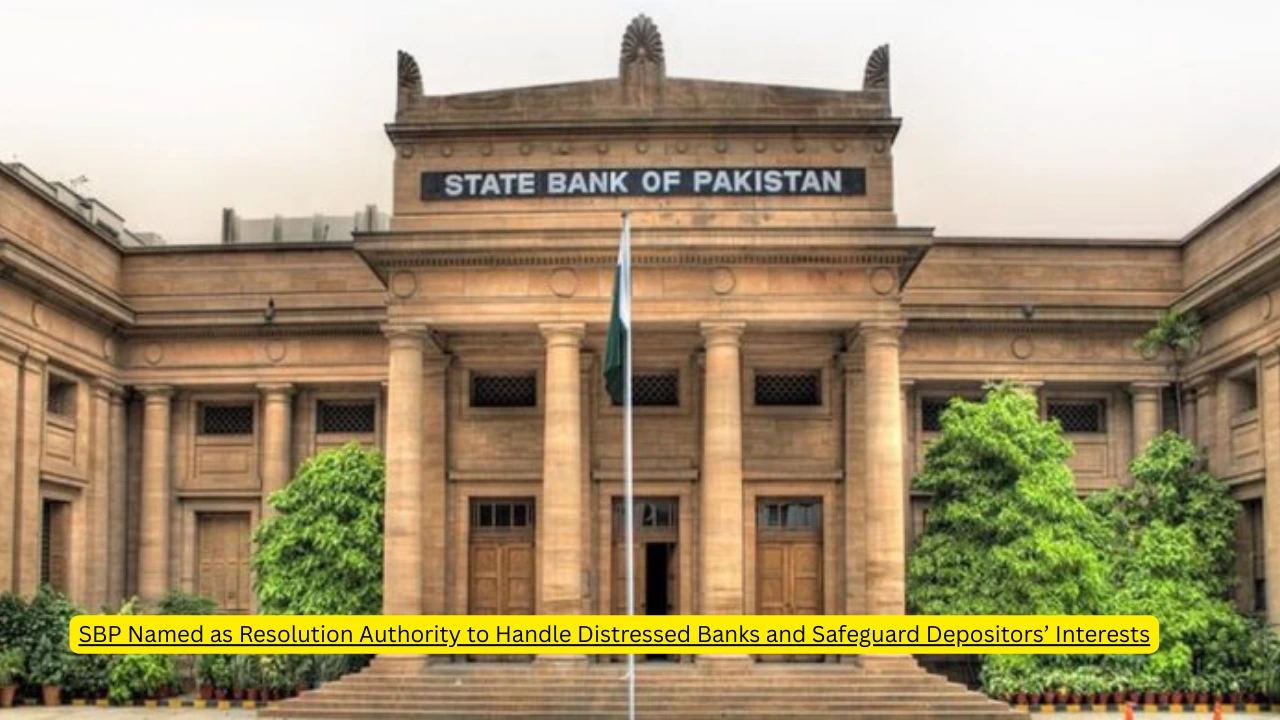Introduction: Fertilizer Sector in the Spotlight
The fertilizer sector in Pakistan is once again under intense scrutiny as the Competition Commission of Pakistan (CCP) takes action against suspected cartelization. The fertilizer sector cartelization has quickly become a trending topic in business and agriculture news. For years, farmers have raised concerns about fertilizer prices being artificially inflated, creating financial pressure on agriculture, which is already struggling due to high input costs and climate-related challenges.
Why Fertilizer Prices Matter
Fertilizer is the backbone of Pakistan’s agriculture. With agriculture contributing nearly 20% to the GDP and providing employment to millions, fair pricing of fertilizers is critical. When fertilizer companies engage in cartelization, the consequences are severe:
- Farmers face higher costs of production.
- Urea and DAP shortages become common.
- Food inflation rises as crop yields suffer.
- Import bills increase when domestic supply is manipulated.
The fertilizer sector cartelization issue is therefore not just about business competition—it directly impacts national food security.
CCP’s Action Against Cartelization
The CCP crackdown has revealed that certain players in the fertilizer industry might have coordinated pricing strategies, limiting competition. Reports suggest that CCP is investigating:
- Sudden, simultaneous price hikes.
- Possible agreements to restrict supply.
- Manipulation of distribution channels.
By targeting cartelization, CCP aims to restore fair competition, ensuring that farmers get fertilizers at reasonable prices and in sufficient quantities.
Impact on Farmers and Agriculture
For farmers, this is a critical moment. Agriculture in Pakistan already suffers from:
- High fuel and electricity costs.
- Expensive seeds and pesticides.
- Climate change challenges like floods and droughts.
Adding inflated fertilizer costs through cartelization only worsens the crisis. If CCP succeeds in breaking these practices, farmers could finally see relief in input prices, leading to better crop yields and stability in the rural economy.
Economic Ramifications of Fertilizer Cartelization
The fertilizer sector cartelization issue goes beyond farmers—it has ripple effects across the entire economy:
- Food Inflation: Expensive fertilizer leads to costly food products.
- Import Dependency: When domestic supply is disrupted, Pakistan turns to imports.
- Trade Deficit: Higher fertilizer imports worsen the balance of payments.
- Public Subsidy Burden: Government spends billions on fertilizer subsidies, straining the budget.
If cartelization is curbed, not only will farmers benefit, but the economy as a whole will stabilize.
Government’s Role and Policy Shifts
The government’s cooperation with CCP is essential. Policy experts argue that:
- Strong penalties must be enforced to deter cartelization.
- Transparent pricing mechanisms should be introduced.
- Fertilizer subsidies must directly reach farmers rather than benefiting large corporations.
- Digital monitoring systems should track production and distribution.
Such measures could ensure a sustainable fertilizer sector that supports agricultural growth instead of exploiting it.
The Global Context: Lessons for Pakistan
Globally, many countries have faced similar issues in their fertilizer industries. The U.S. and EU have taken strict actions against fertilizer cartels in the past, ensuring fair competition. Pakistan’s CCP crackdown signals a shift toward international best practices. If successful, it could help build investor confidence and attract international partnerships in the fertilizer sector.
Future Outlook: Can CCP Deliver?
The big question is whether CCP can effectively dismantle cartelization. Pakistan has seen multiple crackdowns in the past, but enforcement often remains weak. Farmers and consumers are closely watching to see if this move translates into real price stability.
If CCP delivers, the fertilizer sector cartelization issue could finally end, paving the way for:
- Stable fertilizer prices.
- Boost in agricultural productivity.
- Lower food inflation.
- Greater economic stability.
Conclusion: A Defining Moment for Pakistan’s Fertilizer Sector
The fertilizer sector is at a turning point. With the CCP targeting cartelization, there is hope for farmers who have long struggled with inflated costs and shortages. The focus keyword fertilizer sector cartelization represents more than an economic issue—it reflects the fight for food security, fair markets, and sustainable agriculture in Pakistan.
If CCP enforces its mandate effectively, Pakistan’s agriculture sector could experience a long-awaited breakthrough, strengthening both the rural economy and the nation’s food system. If you read about EFERT Gas Facility Matters then click it.



2 thoughts on “Fertilizer Sector Under Scrutiny: CCP Targets Cartelization to Protect Farmers”